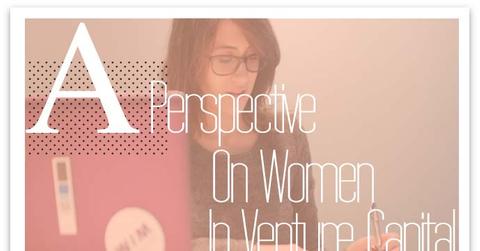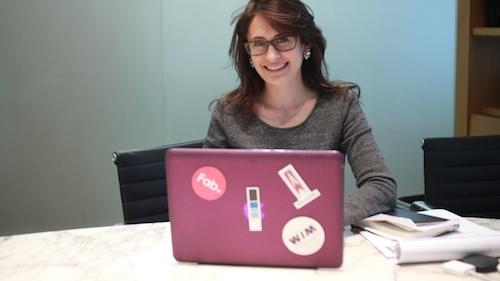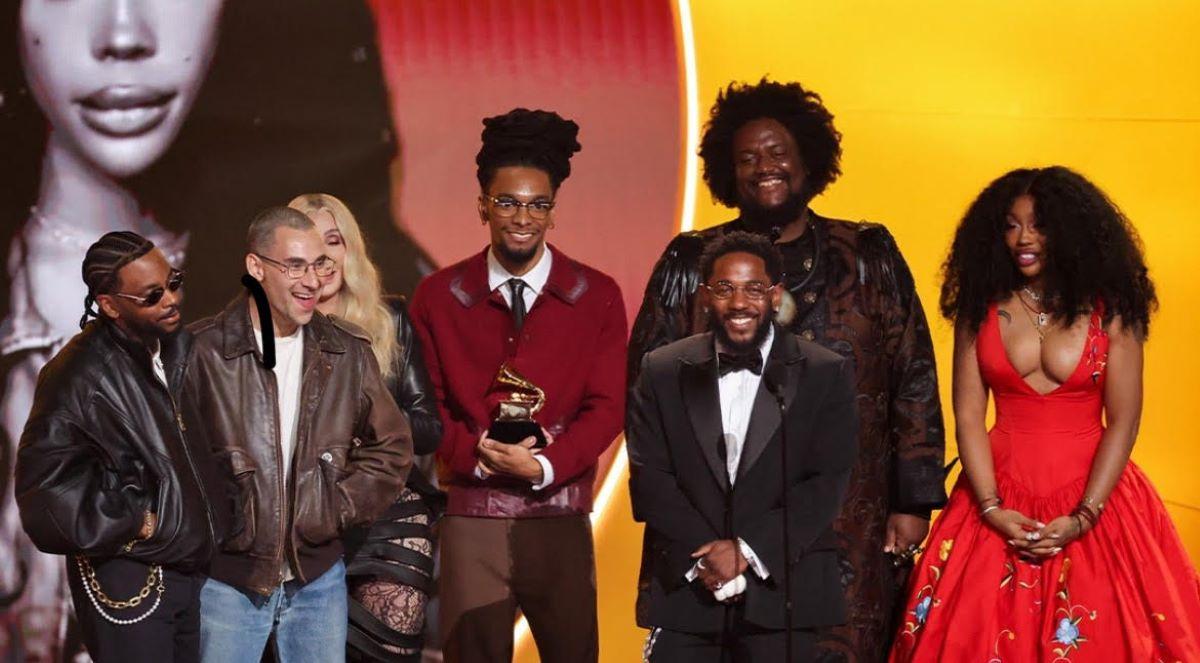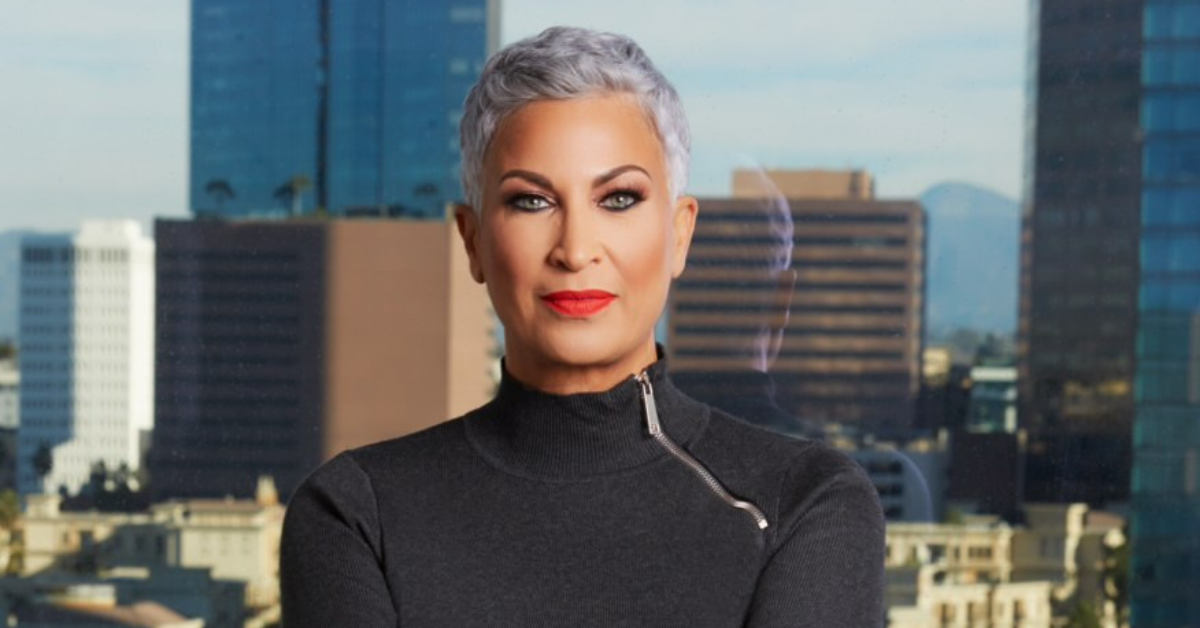A Perspective on Women in Venture Capital

There’s a lot of discussion as of late around women, power and leadership. In a world where money equals power, the venture capital industry has received much attention around the lack of women VC’s. It’s not just talk, women represent less than 10% of venture capitalists and leave the industry at twice the rate of men, according to the Kauffman Foundation.
The impact expands further than just the VC industry. The lack of women at the table in venture capital has a direct impact on women entrepreneurs seeking investment in their companies. So, while women are launching companies at 1.5 times higher than the national average they receive less than 10 percent of venture capital funding.
Despite the lack of women in the VC industry, those who are present are making it work and passionate about creating change. To get a perspective on what it’s like to be a young woman in the venture capital industry I sat down with Caroline Scheinfeld who was at the time in her third year as an associate with Zelkova Ventures. In our conversation about investment, entrepreneurs and gender, Caroline admits that though a lot of investment is about the team more than the concept, in a lot of the pitches she noticed men often have the confidence to come in and pitch even without having a fully formed idea. Women, however usually come in fully or overly prepared. She also shares insight into her path to becoming a venture capitalist and some of the rewarding parts of her job.
Read on to find out what it’s like to be a venture capitalist and her advice to young women to enter the industry.
HerAgenda: In your own words, what does it mean to be a venture capitalist? What does the job consist of? What skills are required?
Caroline: A venture capitalist has the ability to take the working dreams of passionate entrepreneurs and turn them into reality. In order to be a successful investor, you must have a combination of financial acumen, vision and interpersonal skills to really see the potential for business to monetize and scale. Early stage start-ups are inherently risky because there are no real benchmarks/comps as they are intangible assets. You are investing in a brand new concept. As a VC, you have to invest in people before an idea. Start-ups can pivot tremendously so you must be confident in the team behind the business. For example, when our firm invested in Fab a few years ago, it was Fabulis, a gay social network for men. It’s now Fab, an e-commerce site with outstanding design. Had we solely invested in the fabulis concept and not the team, we might have worried when the company pivoted. With the widespread popularity of being an entrepreneur, a VC must decipher who is in it because its “sexy,” or because they are an innate entrepreneur.

HerAgenda: According to the Kauffman Foundation, women represent less than 10 percent of venture capitalists, and they have been leaving the industry at twice the rate of men… when you hear numbers like that, how does that make you feel as an up and coming woman in this industry?
Caroline: I would agree there are less women in the VC community. If men are predominately on the other side of the table, when a female discusses her company that might or might not be targeted towards women it can sometimes be harder for men to put themselves in women’s shoes.
Also, the investor community has a shark like reputation because our statistics for investing are pretty scary. We see 600 companies per year and maybe invest in six-eight. At a recent event for female entrepreneurs, they referred to the investor roundtable as dolphins rather than sharks (dolphins gather around to protect you from shark attacks)…perhaps the investor community needs a softer reputation and more women will feel inclined to enter!
HA: What brought you to the world of venture capital?
Caroline: I followed a [nontraditional] and lucky route. My boss Jay Levy, co-founder of Zelkova, is not only a close friend of my brother’s but also co-founded Zelkova with my dad. While attending my senior year of college, occasionally Jay would send me decks oriented towards women and ask for my feedback. I really enjoyed analyzing the user experience and testing the product. Upon graduating Jay and I decided I could add value and a different perspective as a woman if I joined the team at Zelkova! I have been here now for almost 3 years! I am learning everyday!

What are some of the trends you notice about women entrepreneurs when they pitch for funding that you notice men would never do?
I have to say, there really aren’t specific gender differences its more about what the concept is/entrepreneurs individual personality traits
Women in venture capital or the lack of women in venture capital has been the topic of a lot of conversations, blogs, and articles in the tech world–is that a conversation that’s helpful to have? What’s something that has yet to be discussed?
No one really discusses the different impact work environments have on men verse women…perhaps that conversation needs to be started amongst VC’s….part of the job requires a lot of traveling to different conferences and to portfolio companies so that might be a deterrent.

What are the rewarding parts of your job?
I can make entrepreneurs dreams become reality!
Who inspires you (career wise)?
My boss Jay Levy. He has an unbelievable knack for predicting whether or not a start-up will be successful and he fully immerses himself in any project he commits to! I am greatly inspired by those who are able to turn their passions, interests and greatest strengths into their career; where work isn’t just a 9-5 but its part of your life!
How important has mentorship been for your career?
For any career, other people can offer tremendous value to what you do/ Its hard to formally define mentorship as I would say just learn from those around you, especially those who offer a different set of skills/experiences than you do. Also, mentors/those who help your career do not necessarily have to be older or more experienced. Peers can offer tremendous wisdom, guidance and knowledge. Always learn from others, no matter their occupation.
What advice would you have for young women looking to enter the VC industry?
Don’t be afraid to join an industry that’s predominantly men. Women have skills and knowledge about the female VC market that can be used as a competitive advantage. Really get to know the female entrepreneurs out there.
*NOTE: In April 2013, Caroline transitioned from a VC to an entrepreneur. She launched 3WCircle, a place for women to start a conversation on work, life, and ultimately happiness both personally and professionally.






